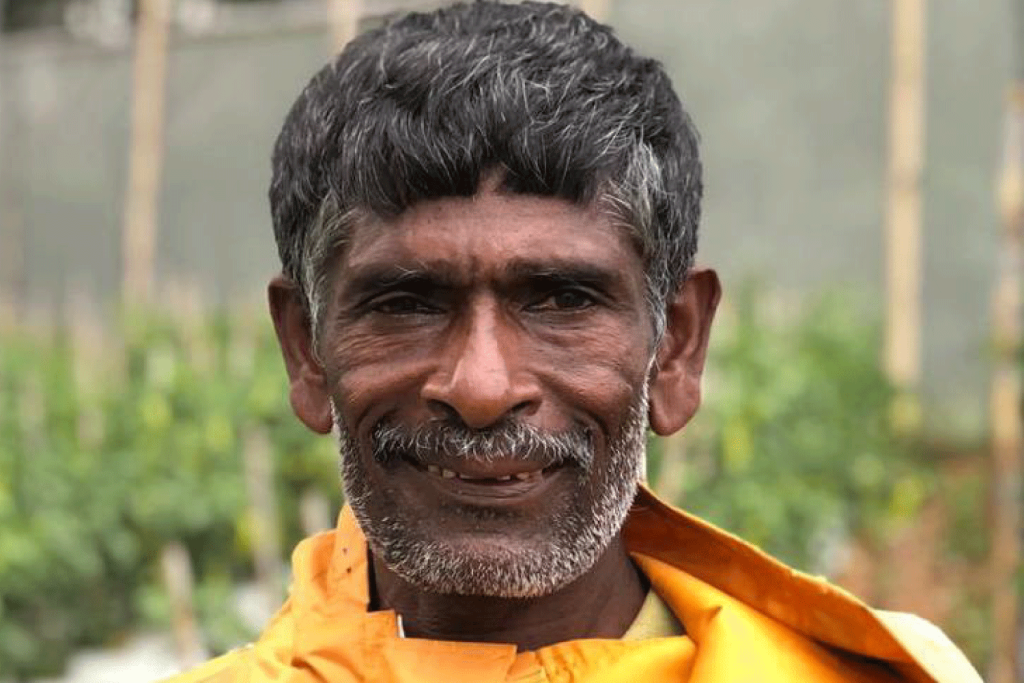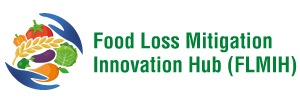
Project Description
Like most other fruits, Tomatoes are best when ripened on the plant. Once tomatoes are harvested, they don’t last very long before they start to go bad. How tomatoes are handled—in the field, during transportation, during the transfer from containers to store shelves, and at the point of sale—determines the fate of tomatoes: whether they remain good for human consumption or discarded as spoilt.
The potential for damage often increases when containers and vehicles are overloaded, produce is not handled smoothly and field-spoiled produce is not sorted out, leaving for decay and spoiling to occur during transit. This means valuable tomatoes, which cost farmers efforts and money, may be thrown away. Like other waste, they also harm the environment. Reducing such losses can enhance farmer profit, save more food, and help the environment that we all care about.
This study draws on a study carried out with 125 retailers located in and around the hill country city of Kandy, Sri Lanka during 2023. The study was designed to measure the extent of postharvest losses of tomatoes at the retail level, focusing on the absolute loss (by weight), relative loss (proportions), and economic loss (costs in forgone market value) at varying scales of operations.
Key Findings
Policy Implications
The study sheds light,
- On implementing targeted educational programs done through workshops, forums, or online platforms focusing quality inspections at purchasing and effective post-harvest handling practices.
- Fostering a collaborative environment where retailers can learn from each other and implement successful strategies to enhance the knowledge and skills of retailer.
- The requirement of enhanced store facilities with increasing volume of handling and incentives for adopting best handling practices, promoting gender diversity, and supporting small-scale retailers.
encouraging initiatives that promote gender inclusivity within the tomato retail sector providing training and support specifically tailored for women in the industry
Publication
Kandangama, G.B.N.B., Wickrama, Thrikawala,S., Wickrama, S., Kandangama G.B.N.B., Schwab, B., & Weerahewa, J. (2024). Investigating Determinants of Post-Harvest Losses and Assessing Economic Impacts on Tomato Retailers: A Case Study in the Kandy District, Sri Lanka. 32nd International Conference of Agricultural Economics (IAAE 2024). New Delhi, India.
Thrikawala, S. (2024). Unveiling Losses of Tomato in Retail Markets: Some Findings from the Kandy District of Sri Lanka. FLM Briefing No. 8. ACIAR Food Loss Mitigation Project. Institute of Policy Studies of Sri Lanka. Colombo.
